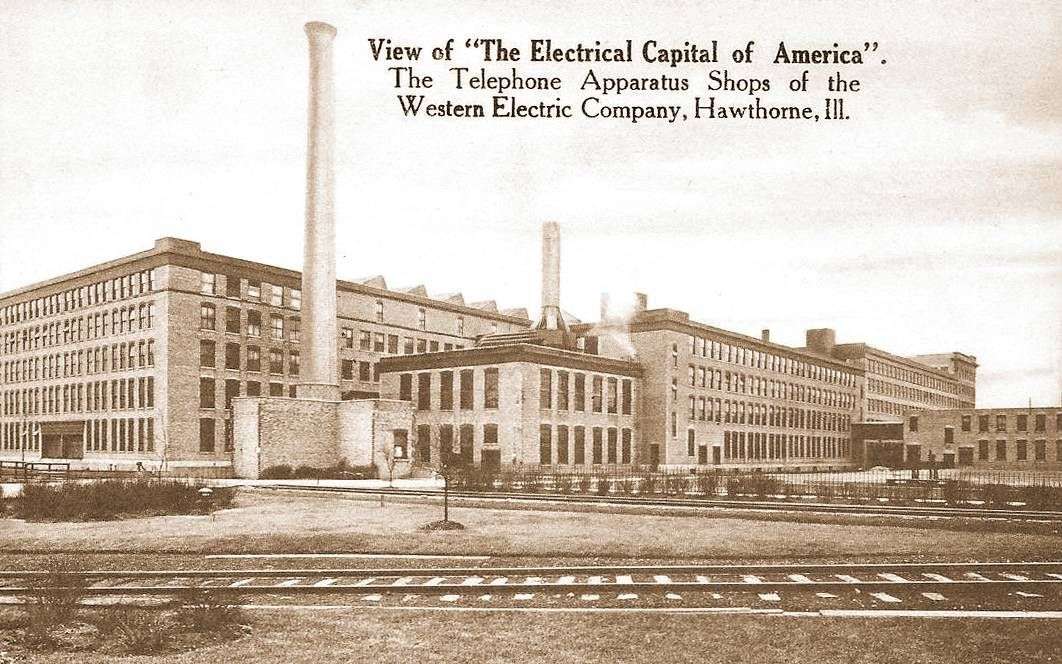Hawthorne Effect

In the 1920s, Hawthorne was a telephone equipment manufacturing factory in the USA, one of the respected factories of its time. Hawthorne employees, about 40 thousand, would receive sickness pay, seasonal vacations, and more to make it a privilege to work there.
In 1924, the National Academy of Science decided to conduct an experiment at Hawthorne and 3 other places to find out how illumination would affect the productivity of employees. They installed brighter lights with the premise that it would increase the effectiveness of the workers. Indeed, it did. In the next stage of the experiment, they dimmed the light. Productivity was still higher than before. Another experiment with small breaks was undertaken with the same result.
Although the experiments miserably failed with inconsistent results, it revealed unexpected new findings. Employees would perform better when they knew they were being observed. This effect was later called the Hawthorne effect.
What's the takeaway here? The first thing that came to my mind was that maybe, just maybe - it's the reason why at most companies/schools performance was dropped when they switched to remote mode. We are social beings, we always think about what others think about us, thereby we do better when we're being watched.
The second thing that made me ponder is about religion. I want to leave it as an open-ended question to only yourself, I am just thinking out loud here - overall, religious people tend to be more motivated in life than those with less/no belief, don't they?
Lastly, there is a lesson to learn here. There's always room to improve productivity with management, even just observing seems to help. Effective management has always been credited for success, and vice-versa.